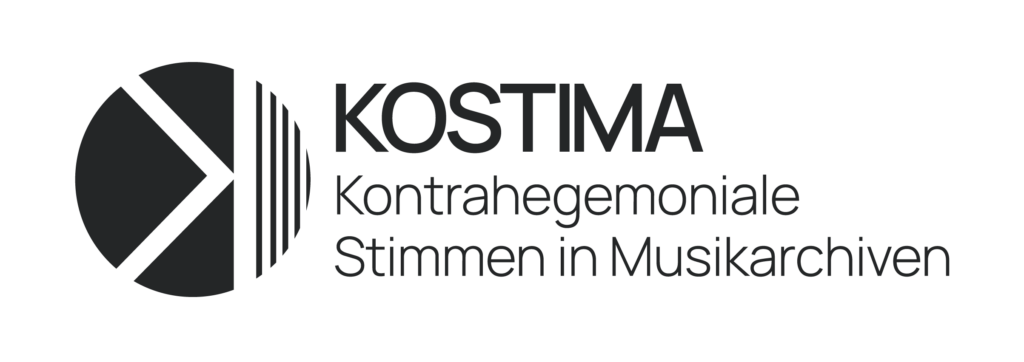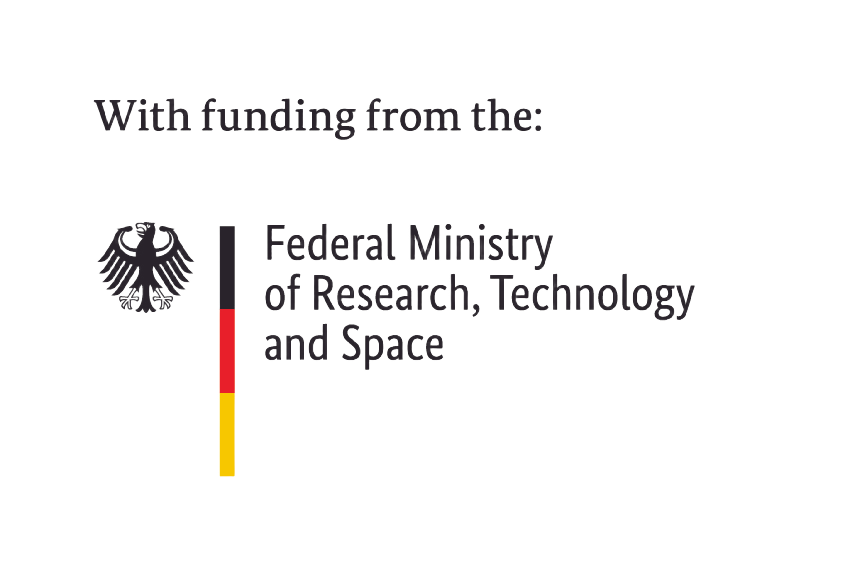The research project "Counterhegemonic Voices in Music Archives (KOSTIMA)" is dedicated to researching and cataloging materials in music archives that document political resistance. The aim of the project is to discover critical positions and hidden political messages in these archives and make them accessible to the public. By digitizing and processing these musical treasures, KOSTIMA is helping to bring marginalized, suppressed and forgotten perspectives back into the collective memory.
Members of the joint project are the African Music Archives (AMA) in Mainz, the European Center for Jewish Music (EZJM) in Hanover and the Center for World Music (CWM) in Hildesheim.
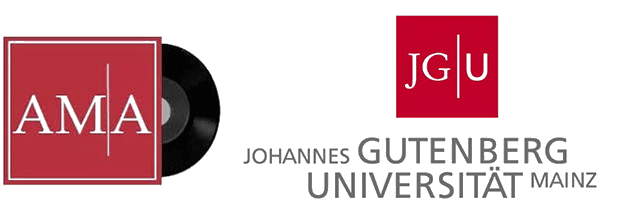

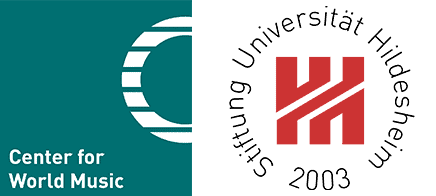
KOSTIMA is made possible by the funding line "Networking - Exploring - Research. Alliance for University Collections II" of the BMFTR (project duration: 01.07.2023 to 30.06.2027).
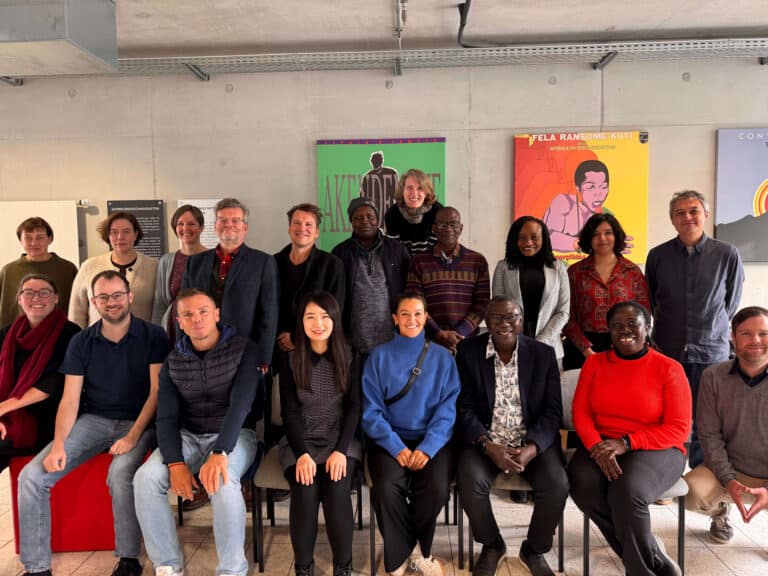
- Activities, Events
From November 12-14, 2025, a workshop organized by the KOSTIMA project entitled “Shared Heritage and Digital Repatriation” took place at JGU Mainz. The workshop focused…
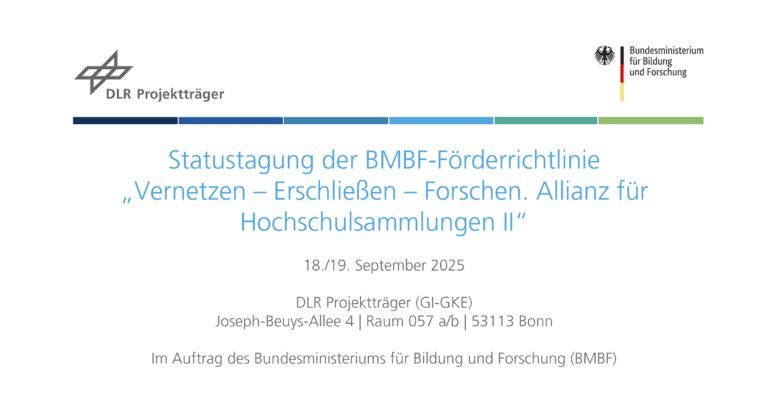
- Activities
On September 18/19, 2025, the status conference of the funding guideline “Networking – Development – Research. Alliance for University Collections II” of the Federal Ministry…
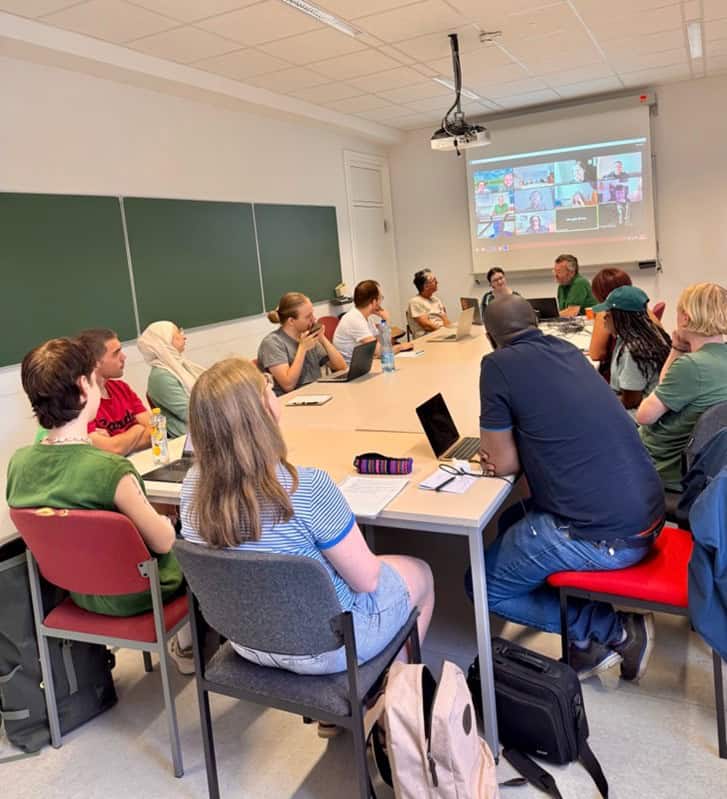
- Activities
On June 12, 2025, all three subprojects were given an inspiring insight into a central element of the joint project work: the planned virtual exhibition…

- Activities
From May 30 to June 1, 2025, the 37th Swahili Colloquium (Kongamano la Kiswahili la 37, Uhuru na Ubunifu) took place at the University of…
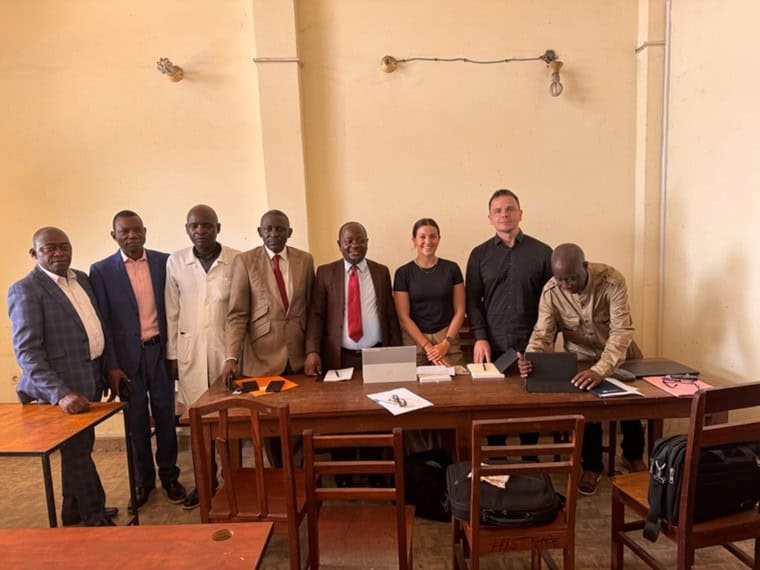
- Activities
In March and April 2025, Hauke Dorsch, Antonia Fendt and Nico Nassenstein undertook a four-week research trip to Congo-Brazzaville, Rwanda and Kenya. The trip originally…
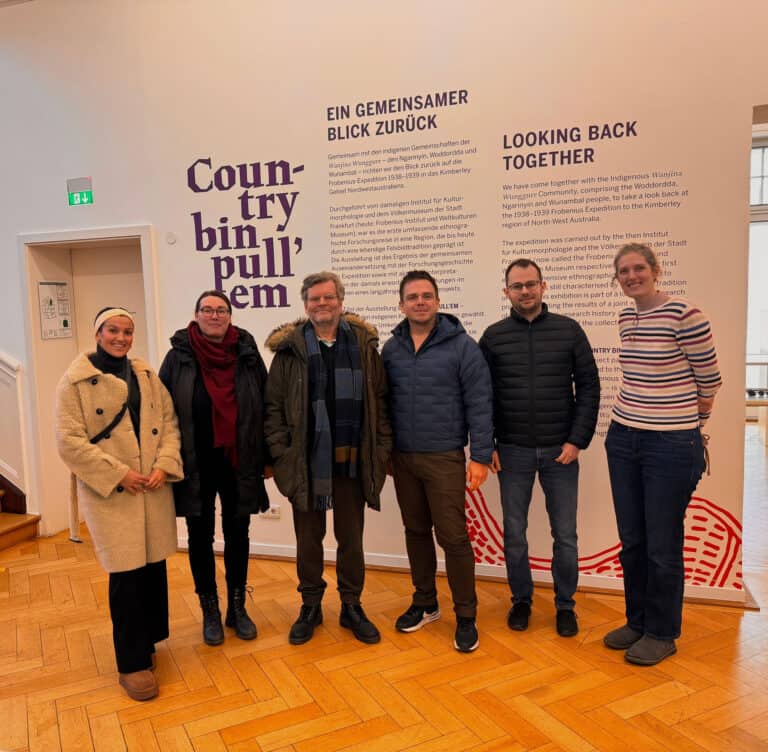
- Activities
On February 17, 2025, the Mainz subproject visited the Weltkulturen Museum in Frankfurt. Together with Vanessa von Gliszczynski (curator at the Weltkulturen Museum) and Prof….
Political messages in Congolese music of the Mobutu era - Congolese archive holdings at African Music Archives (AMA)
The Mainz sub-project focuses on analyzing the lyrics of Congolese music preserved at African Music Archives (AMA). The aim of the research is to examine the linguistic strategies used in Lingala-language songs. For example, love songs were often used by musicians to formulate hidden and coded political messages and protests against the authoritarian regime.
Involved persons: Dr. Hauke Dorsch, Antonia Fendt, Emilia Kaufhold, Marko Knepper, Jan Knipping, Merle Meier, Prof. Dr. Nico Nassenstein, Michael Restorff, Dr. Lisa Marie Roemer
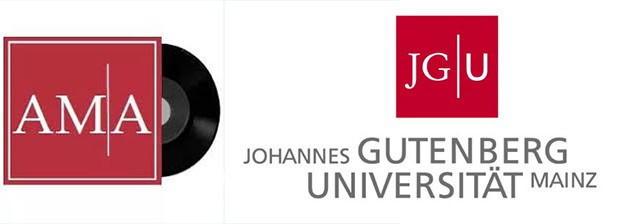
Musical-Dramaturgical Compositions from the Estate of the German-Jewish Composer Peter Ury
The aim of the Hanover sub-project is to examine and process the estate of Peter Ury in the context of the ambivalent concepts of exile, postexile, displacement and extraterritoriality in a contemporary light characterized by diversity and complexity. The focus here is on the analysis of the processes involved in the creation of Peter Ury's works. Strategies of negotiating social roles are taken into account, especially against the background of counter-hegemonic power structures.
Involved persons: Christoph Hölzel, Samuel Mund, Prof. Dr. Sarah Ross, Dr. Katharina Talkner, Mengjie Zhang

Endangered Court Music of Northern Nigeria
The Hildesheim-based Subproject is processing the legacy of Raimund Vogels with field research from Borno State in Nigeria. Raimund Vogels researched music at the ruling courts of Maiduguri and investigated hegemonic narratives on dynastic succession, changes of rule and colonial power structures. The material collected in the 1980s and 1990s contains significant statements on power relations between Christians and Muslims in Borno State as well as on intra-Nigerian power imbalances in general and will be re-examined in the spirit of archival restudies and questioned with regard to statements of political resistance.
Persons involved: Prof. Dr. Michael Fuhr, Prof. Dr. Christopher Yusufu Mtaku, Dr. Naomi Andrew Haruna, Dr. Oluwagbemiga Ogboro-Cole
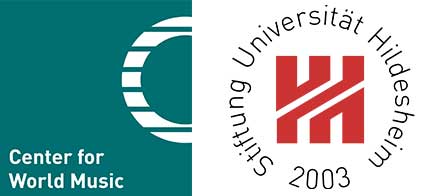
“Our songs are our archive. If we stop singing, we forget who we are.”
“Music is a mirror of society – even if the censors only hear a love story, the people know what we're really singing about.”
“Sounds cannot be silent. Even in silence, resistance resounds.”
“I can't help but sing what I see. And what I see is injustice.”
“Music is a mirror of society – even if the censors only hear a love story, the people know what we're really singing about.”
“I can't help but sing what I see. And what I see is injustice.”

